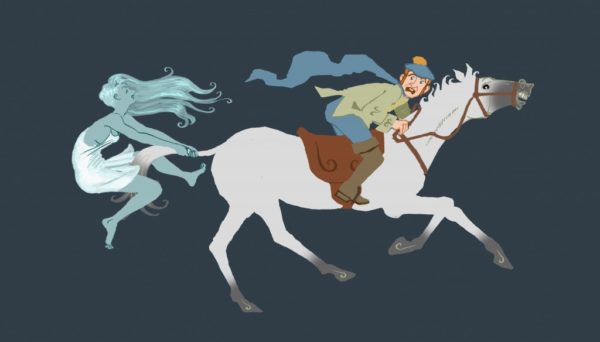This resource is great for:
Celebrating Burns Night! Encouraging your pupils to learn about their communities, and respect and value different ways people speak across Scotland.
Summary:
A series of activities to get your pupils exploring Scots writing, and then writing and retelling famous Scots works in their own way.
Download this resource:
Pure Dead Brilliant: Scots Language – PDF version
Pure Dead Brilliant: Scots Language – Word doc
Introduction
Robert Burns is Scotland’s national poet, renowned for his great literacy skills. He chose to write in Scots and his poems are some of the best examples of Scots language ever put down on paper.
Do you know people from other parts of Scotland who speak a different dialect from you? How many Scots words do they have which you don’t hear in your area? How many dialects of Scots can you name? Can you speak English and Scots, or any other languages?
Use the activities below to explore the work of Robert Burns and find out more about Scots.
Activities
Part One – Reading Scots
Scots writer Matthew Fitt, who has translated some much-loved kids books into Scots including Harry Potter and the Philosopher’s Stane (J K Rowling) and Reekin Rhymes (Roald Dahl), has set up a website featuring the new Scots writing of pupils he has worked with at schools across the country.
Spend some time exploring the writing in Scots here: http://skoosh.scotshoose.com/dugsandyeel.html
The Scots writing includes poems, plays and short stories. Which one is your favourite? Why?
Part Two – Rewording Scots

Read Robert Burns’ famous poem, Tam o’ Shanter here: https://www.scottishpoetrylibrary.org.uk/poem/tam-o-shanter-tale/
Now compare the poem with a contemporary version written by a student from Bellshill Academy in North Lanarkshire: http://skoosh.scotshoose.com/originals.html
Discuss the differences between both poems. Which one do you enjoy more?
Choose another original poem or story by Robert Burns and retell or rewrite it in your own Scots words. Work individually or in groups – whatever makes your creativity flow better!
Part Three – Writing Scots
Think about a place which feels very special to you. It could be a place you live, like to travel to, or where your family/friends are based. Can you write about what you see and hear in that place? Try to make your descriptions as detailed as you can so others can imagine your special place. Use Scots in your description as much as possible.
Read the poem at the following link by a young person from Ayr Academy in South Ayrshire for some inspiration: http://skoosh.scotshoose.com/place.html
Further Information:
You can learn more about Scottish language using the excellent resources below:
- Scots Language Education – http://www.scotseducation.co.uk/
- Scottish Dialects – http://www.scotseducation.co.uk/dialects.html
- Scots for Active Schools (vocabulary, songs, videos and more) – http://www.scotseducation.co.uk/activeschools.html
